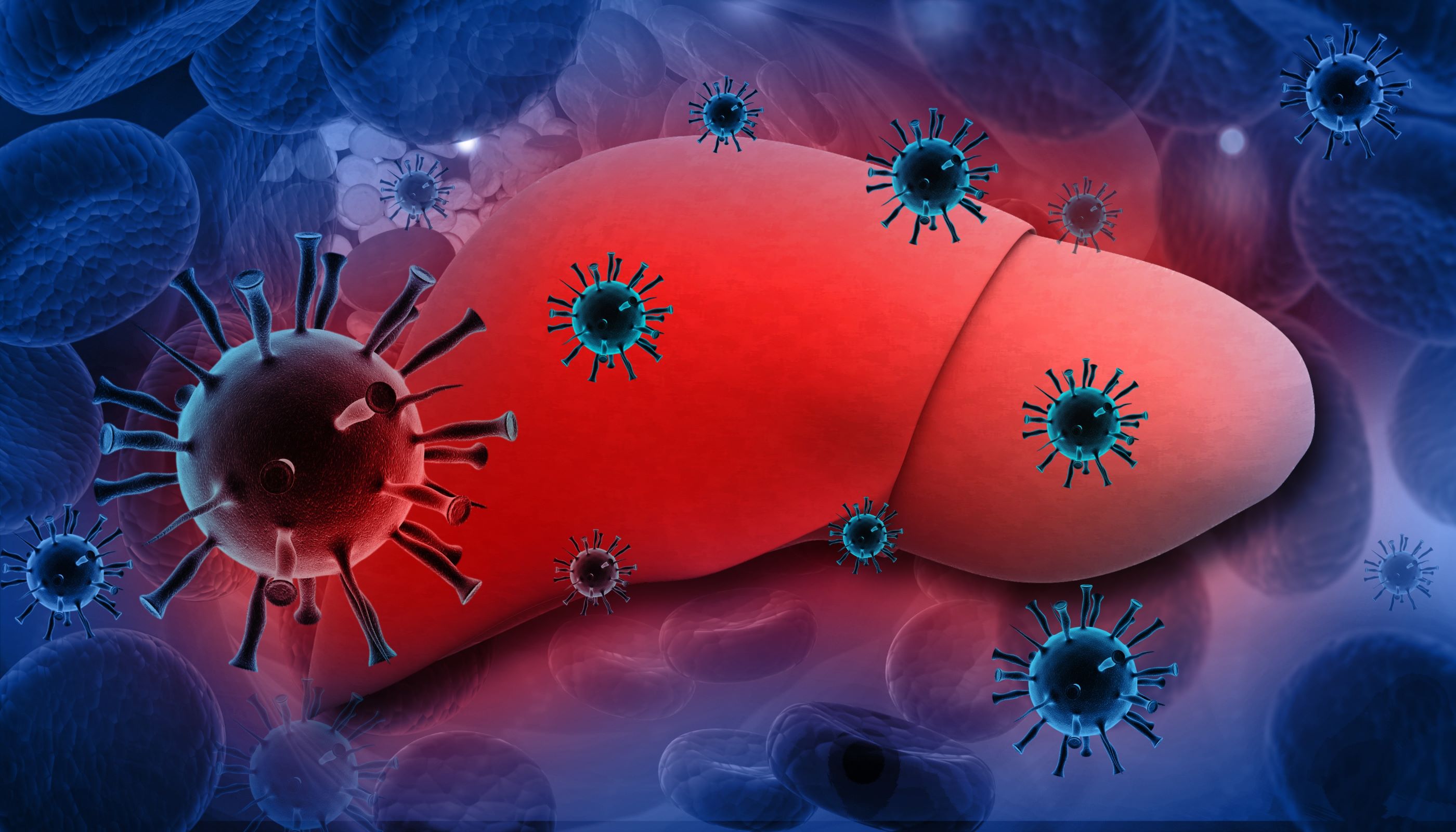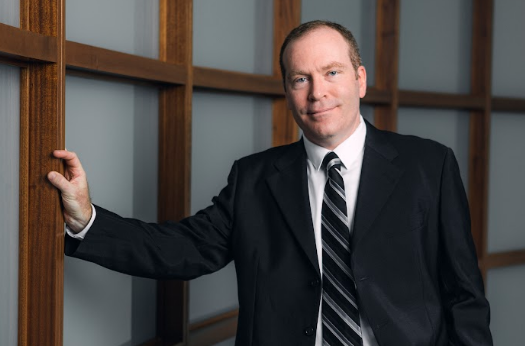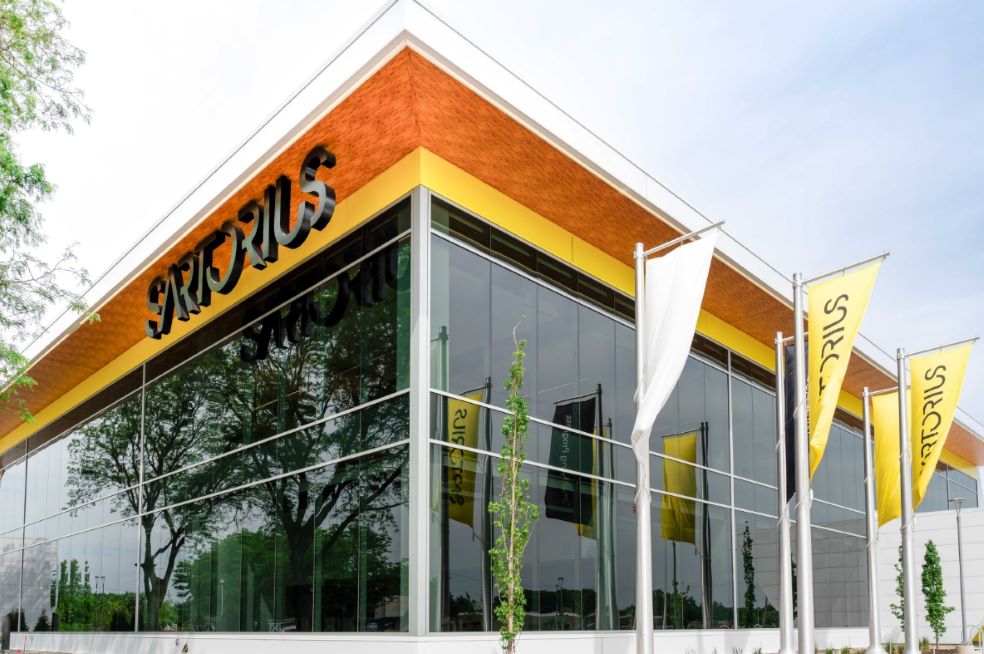Novel CAR T-cell therapy regimen to augment oncology care for hard-to-treat cancers
11 January 2024 | Opinion | By Hithaishi C Bhaskar
In conversation with "Tony Li, Senior Director and Head of Medical Affairs, Intercontinental Region, Gilead and Kite Oncology"

Kite Pharma, a Gilead Company, is a global biopharmaceutical company specializing in cancer cell therapy As the global cell therapy leader, Kite has treated more patients with CAR T-cell therapy than its competitors. Kite has the largest in-house cell therapy manufacturing network in the world, spanning process development, vector manufacturing, clinical trial production and commercial product manufacturing. Kite has ever since strives to develop key factors that can contribute to the best possible outcomes for cancer patients by adopting innovative therapies.
For instance, As the first onco-therapeutic treatment in nearly three decades to significantly improve survival for patients with relapsed/refractory large B-cell lymphoma, Kite has developed axi-cel, which may potentially change the standard of care for patients who previously had very limited options for successful curative therapy. Similarly, Kite’s Yescarta® CAR T-Cell Therapy demonstrates a statistically significant improvement in overall survival for initial treatment of Relapsed/Refractory Large B-Cell Lymphoma. Thus, Gilead and Kite Oncology are advancing across the pipeline aiming to address unmet needs In Cancer care. Tony Li, Senior Director and Head of Medical Affairs, Intercontinental Region, Gilead and Kite Oncology share more insights into advancing CART-T therapy with reference to recent statisitcal data.
- How does rapid turnaround time improve patient outcomes for oncology patients receiving CAR T-cell therapy?
Advanced blood cancers represent an area of significant need across Singapore with more than 1,000 cases of non-Hodgkin lymphoma (NHL) estimated to be diagnosed per year. Diffuse large B-cell lymphoma (DLBCL) is the most common form of NHL representing around 30% of all cases. Patients who do not respond to (refractory) or fail after treatment (relapsed) have a median overall survival of just six months.
Hence, there is an urgent need for additional treatments for patients with aggressive or hard-to-treat blood cancers, who currently face a poor prognosis. We believe that Chimeric Antigen Receptor (CAR) T-cell therapy could be used as a foundation to treat all types of cancer in the future, and we are committed to realising its full potential.
According to a study that assessed the real-world impact of time from leukapheresis to infusion (vein-to-vein time) in 1,383 adult patients with relapsed or refractory (R/R) large B-cell lymphoma (LBCL) treated with axicabtagene ciloleucel, the analysis reported shorter vein-to-vein times associated with improved outcomes in patients, adjusted for key prognostic factors.
Gilead and Kite Oncology are committed to getting treatments to patients as quickly as possible, with a 96% success rate of returning cells on time and to specification.
We have a 19-days median turnaround time in Europe and 16-days median turnaround time in the United States. Gilead Sciences Singapore will be supported initially by our state-of-the-art manufacturing facility in El Segundo, California, USA.
- What are some of the key considerations during treatment, including during leukapheresis and infusion?
All decisions on treatment and eligibility of patients for CAR T-cell therapy are at the discretion of the treating healthcare professional and healthcare systems. Patient safety has always been our priority, and Kite CAR T-cell therapy treatment centers in Singapore have been qualified via a rigorous training process in accordance with the requirements of our approved Risk Management Plan.
Identifying potential treatment centers to administer CAR T-cell therapy involves careful consideration of specialist skills and services, for example, experience in managing complex procedures like stem cell transplantation and a co-located intensive care unit. We also look at geographic coverage with the goal that any eligible patient requiring treatment can access a qualified center within a reasonable distance (a few hours) from where they live. In addition, manufacturing CAR T-cell therapy requires extensive process control to deal with the inherent patient cell variability. This means that every patient requires an individual manufacturing batch, which can be complex at times.
- What are some of the challenges and opportunities of manufacturing for personalised treatment?
Each dose of CAR T-cell therapy is manufactured for a specific person using their own immune system’s cells. Therefore, a highly sophisticated manufacturing and supply chain is required to provide these treatments to the highest standards of quality. Not only is it vital to ensure the highest standards of quality, but speed is also critically important because patients are in urgent need of treatment and facing a very challenging prognosis.
To ensure we remain efficient, we ensure that the chain of identity and traceability is maintained throughout the whole process which is achieved through high levels of teamwork and expertise. On top of this, automation has allowed us to improve our efficiency and productivity, whilst not compromising on quality due to our strict quality control procedures and rigorous monitoring of the supply chain. We are dedicated exclusively to the end-to-end process of cell therapy, including the research, development, manufacturing, and commercialisation on a global scale
- How do you foresee the future landscape of CAR T-cell therapy and its manufacturing in APAC?
For us, we are committed to getting treatments to patients as quickly as possible and bringing the potential benefits of cell therapy to as many patients as possible. Through investment in research and development projects, we believe we can successfully meet the needs of patients with hard-to-treat cancers. While axicabtagene ciloleucel is approved in more than 20 countries worldwide and strategically launched in Singapore, Japan, Saudi Arabia, and Brazil in addition to the United States of America, Canada, and Europe, we will not stop there. We will work closely with authorities in Singapore, Japan, Saudi Arabia, and Brazil, as well as the United States of America, Canada, and Europe to provide the maximum benefit of CAR T-cell therapy in-country. We will also continue to support wider regions through HCP referrals where permissible by local regulations.
Gilead and Kite Oncology will also rely on our global manufacturing network to meet patient needs around the world including Asia. Our dedicated in-house cell therapy manufacturing network consists of three sites in Amsterdam, the Netherlands; El Segundo, California, USA; and Frederick, Maryland, USA. Through a variety of optimization efforts across Kite’s global CAR T-cell therapy manufacturing network, Gilead and Kite Oncology estimates a global network capacity of up to 16,000 patients per year. Gilead and Kite Oncology are committed to getting treatments to patients as quickly as possible, with a 96% success rate of returning cells on time and to specification.
Hithaishi Bhaskar
hithaishi.cb@mmactiv.com












